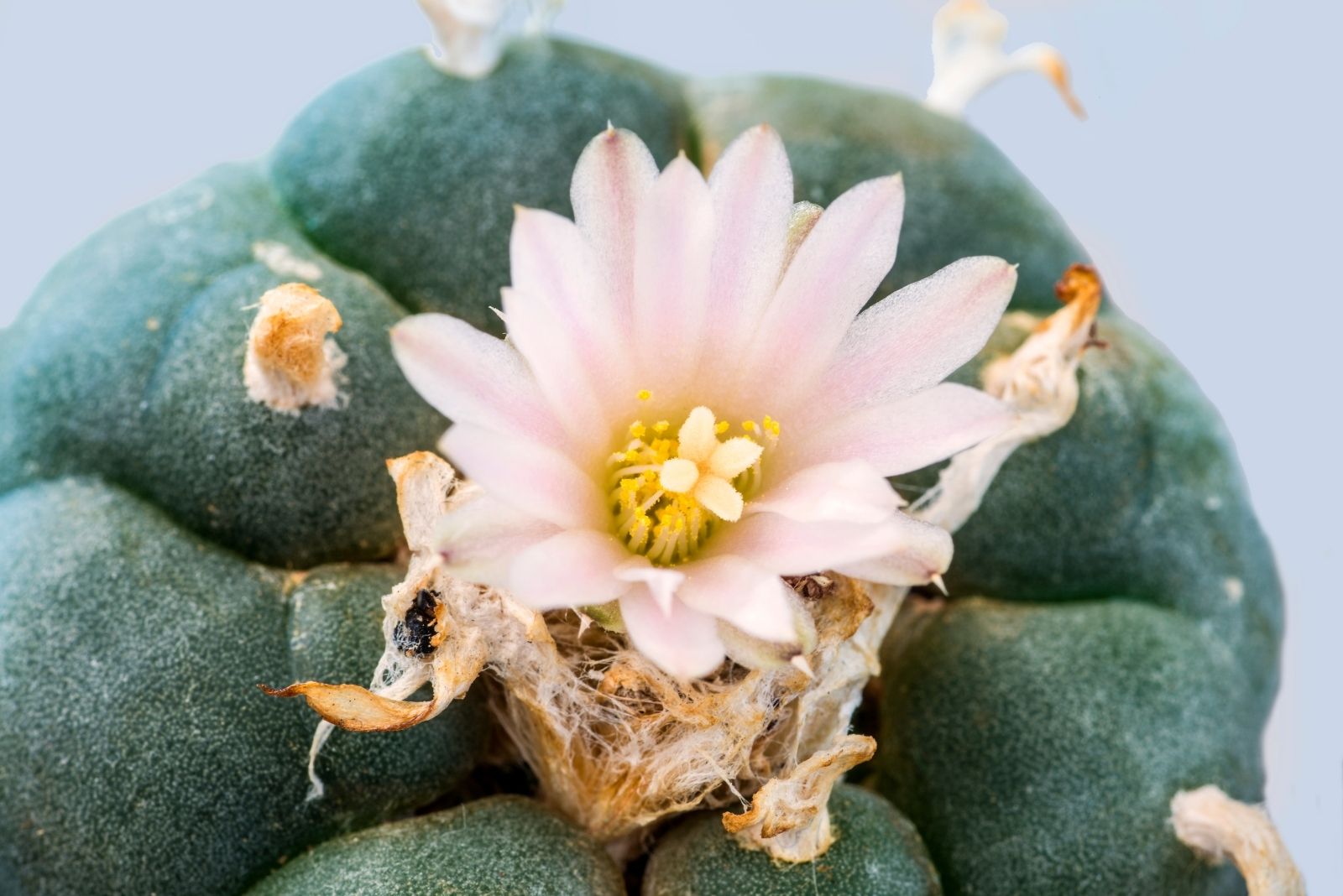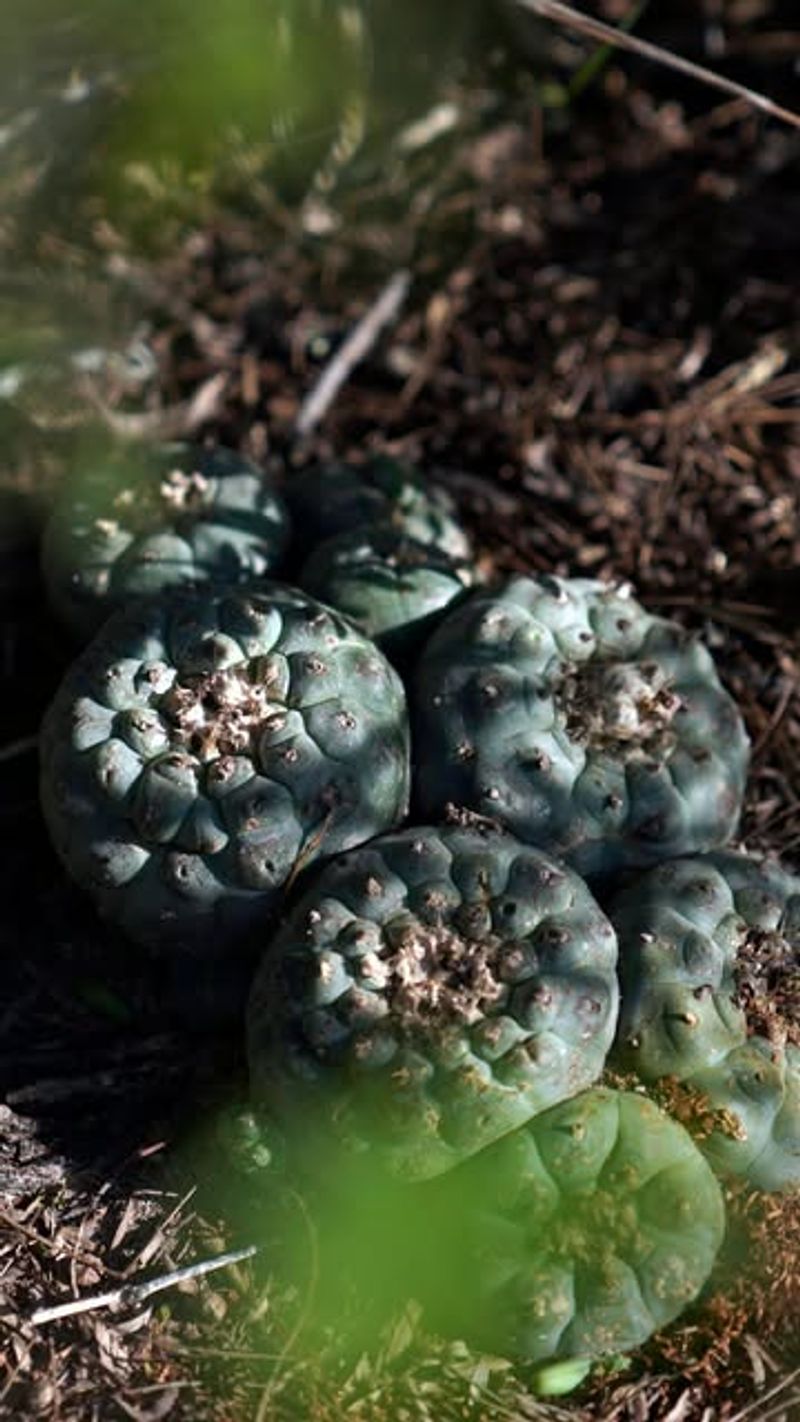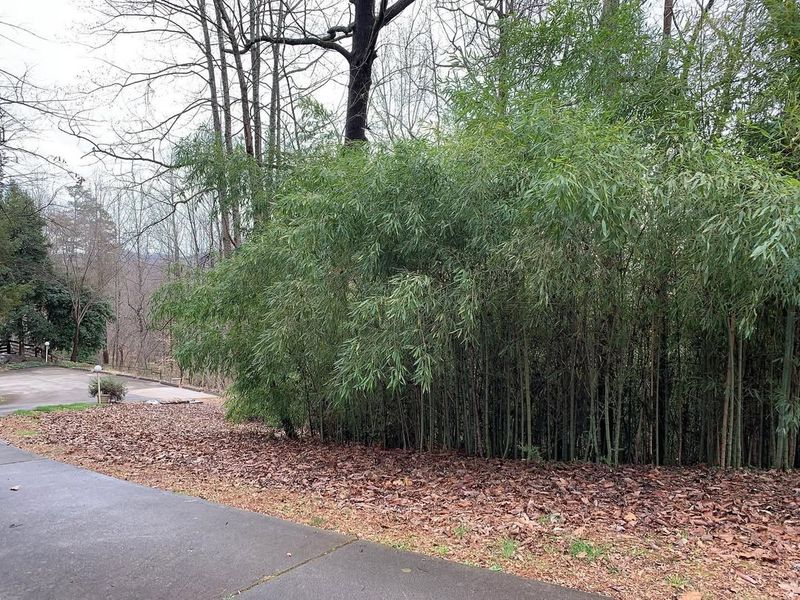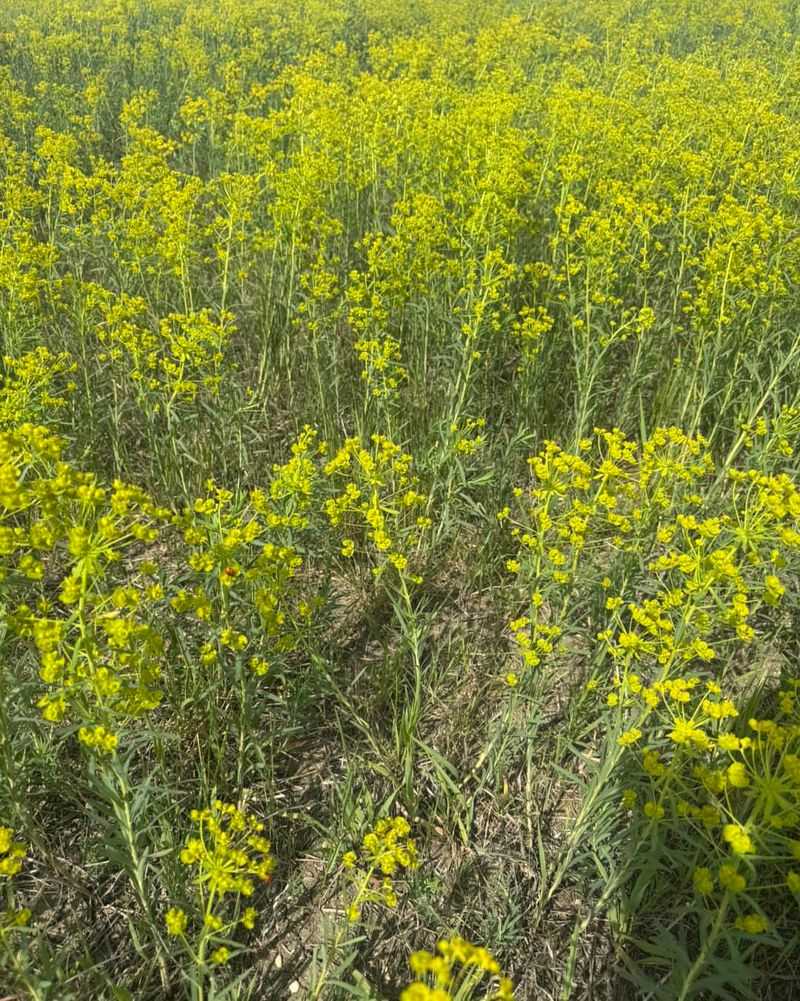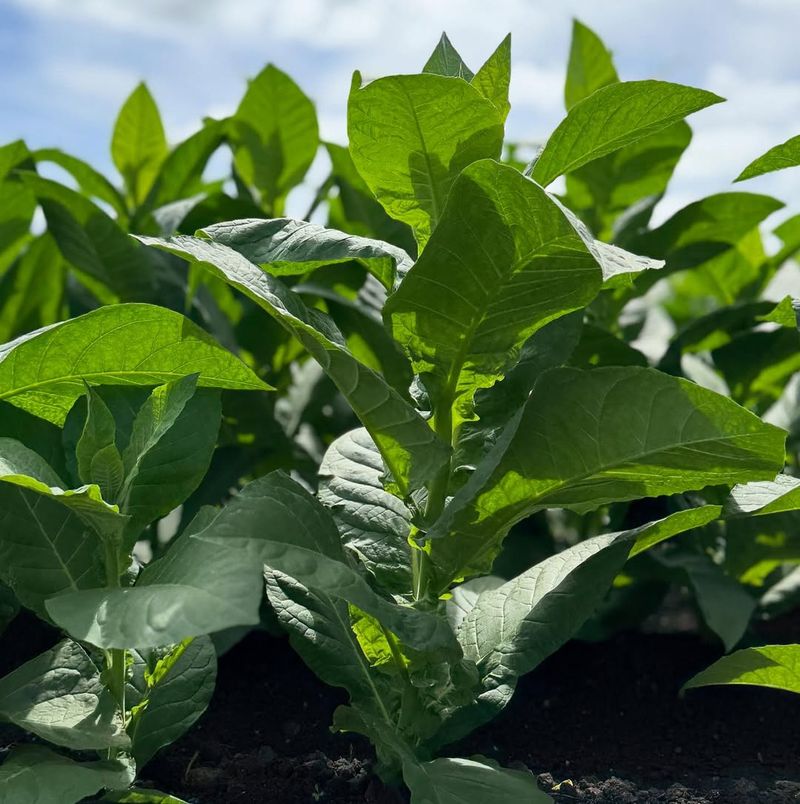Growing your own food sounds like a great idea, right? Fresh vegetables and fruits from your backyard can save money and taste amazing. But before you plant that next seed, you should know that some crops are actually against the law in South Carolina.
Breaking these rules could lead to hefty fines or even criminal charges, so it pays to know what you can and cannot grow.
1. Cannabis (Marijuana)
Cannabis remains completely illegal to grow in South Carolina, even for personal use. Unlike many states that have relaxed their marijuana laws, South Carolina maintains strict prohibition with serious consequences for violators.
Growing even a single plant can result in felony charges, jail time, and substantial fines. Medical marijuana is also not legal here, so there are no exceptions.
Law enforcement takes cannabis cultivation seriously, using aerial surveillance and other methods to detect illegal grows.
2. Opium Poppies (Papaver somniferum)
Beautiful opium poppies might look innocent with their stunning blooms, but growing them is a federal crime that South Carolina enforces. These flowers produce the raw material for heroin and other opioids.
Many gardeners accidentally buy these seeds not realizing they’re illegal. Once the plant develops seed pods, it becomes a controlled substance under federal law.
Penalties can include prison time and thousands in fines, even if you claim ornamental purposes.
3. Coca Plants
Coca plants are the source of cocaine, making them strictly forbidden throughout the United States, including South Carolina. Native to South America, these shrubs contain alkaloids that are processed into the dangerous drug.
Possession of coca plants carries the same penalties as possessing cocaine itself. Federal agents monitor imports and sales of these plants carefully.
Even claiming cultural or research purposes won’t protect you from prosecution under current laws.
4. Peyote Cactus
This small, button-shaped cactus contains mescaline, a powerful hallucinogenic substance that makes it illegal to grow. Peyote has been used in Native American religious ceremonies for centuries, but non-native cultivation remains prohibited.
Only registered members of the Native American Church have legal exemptions. Growing peyote in your backyard violates both state and federal controlled substance laws.
Collectors sometimes mistake it for legal cacti species.
5. Invasive Bamboo Species
Certain aggressive bamboo varieties are restricted in South Carolina because they spread uncontrollably and damage property. Running bamboo can destroy foundations, invade neighbor’s yards, and create massive removal costs.
While not all bamboo is illegal, many counties have ordinances prohibiting specific invasive species. Homeowners associations frequently ban bamboo entirely due to its destructive nature.
Always check local regulations before planting, as violations can result in mandatory removal and fines.
6. Kudzu Vine
Known as the vine that ate the South, kudzu is illegal to plant anywhere in South Carolina. This Japanese import grows up to a foot per day, smothering native plants and trees.
Kudzu causes millions in agricultural and forestry damage annually. State law specifically prohibits planting, propagating, or selling this invasive species.
Violators face fines and must pay for professional removal, which can cost thousands of dollars depending on infestation size.
7. Certain Noxious Weeds
South Carolina maintains a list of noxious weeds that are illegal to intentionally grow or spread. Species like purple loosestrife, Johnson grass, and cogongrass threaten agriculture and natural ecosystems.
Farmers and landowners can face penalties if they allow these plants to flourish on their property. Some spread so aggressively that they destroy crop yields and pasture land.
County extension offices provide identification guides to help property owners recognize and eliminate these troublesome plants.
8. Unlicensed Tobacco
Growing tobacco for personal use might seem harmless, but South Carolina requires proper licensing and compliance with agricultural regulations. Commercial tobacco farming is heavily regulated due to tax laws and agricultural quotas.
While small personal plots may go unnoticed, selling or distributing unlicensed tobacco is definitely illegal. The state monitors tobacco production closely to ensure tax collection.
Penalties include confiscation of crops, fines, and potential criminal charges for tax evasion on larger operations.

